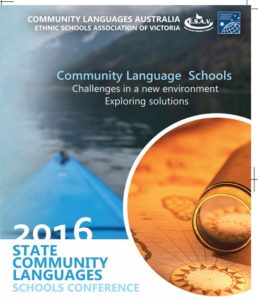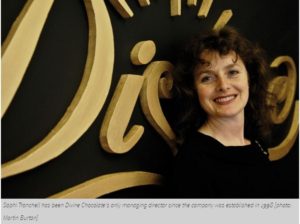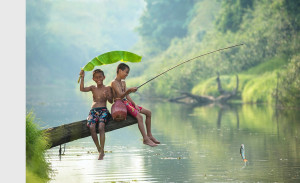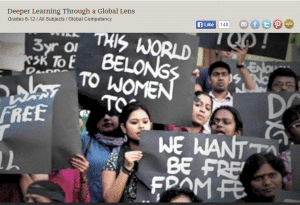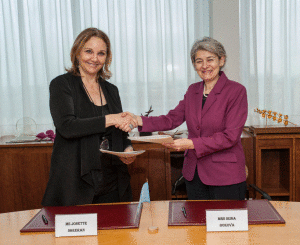
UNESCO/Asian Society “We must educate a generation of global citizens — versed in human rights, culturally literate, skilled for intercultural dialogue, compassionate and committed to building a better world for all.
Global Perspectives: A Framework for Global Education in Australia 2008.
“Enabling young people to participate in shaping a better shared future for the world. It emphasises the unity and interdependence of human society, cultural diversity, social justice and human rights, building peace and actions for a sustainable future …. global citizens who can contribute to a more peaceful, just and sustainable world.
The Global Education Project was delivered for 15 years, assisting tens of thousands of Australian teachers to embed global perspectives in their curricula. Funding to the Project ceased in 2014. In 2015, UNESCO and the Asia Society deemed Global Citizenship education a framework of priority importance.
www.globaleducation.edu.au
http://www.marketwired.com/press-release/-2081442.htm

